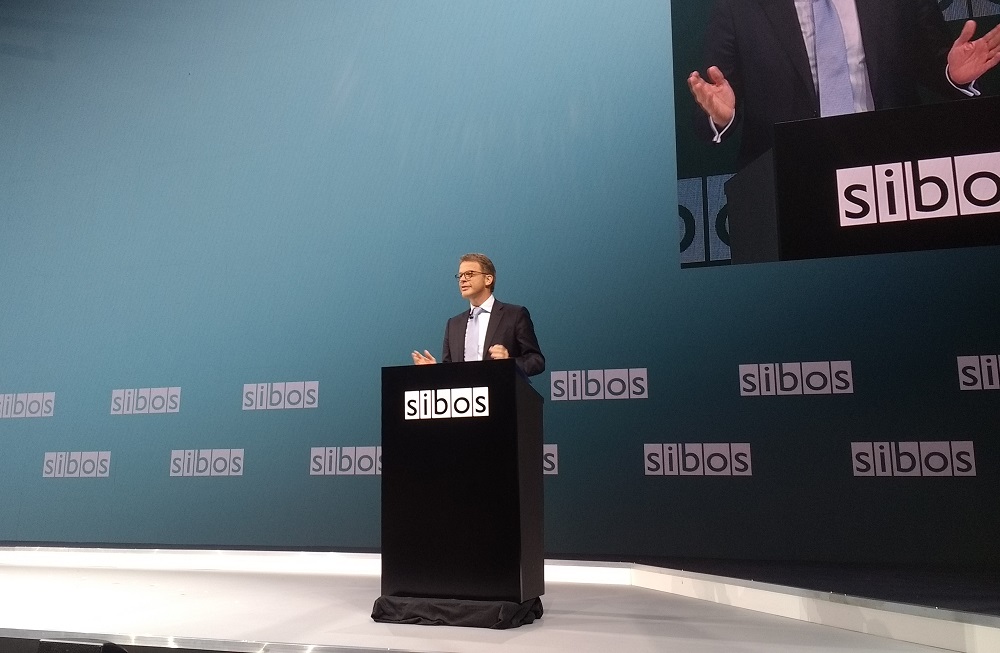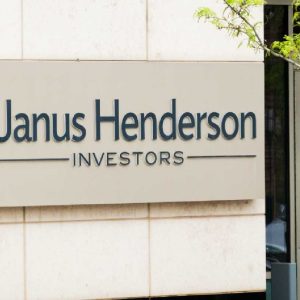
Deutsche Bank CEO Christian Sewing today warned of troubling times ahead for the European economy, which the central bank will have little capacity to prevent.
The boss of the German bank said measures taken by the European Central Bank (ECB) to ease the pressure of recent economic slowdown have left it without the tools to deal with a worsening of the current situation.
Earlier this month the ECB dropped interest rates to -0.5% in a bid to stimulate market activity in the Eurozone area.
Ongoing risks and uncertainties on the global stage caused by Brexit and the trade stand-off between the US and China have contributed to an economic slowdown that has left some European markets concerned about the prospect of a recession.
Sewing said: “In this scenario with plenty of uncertainty what is really worrying is that the central banks have used their tools to a large extent already – so there are no conventional measures left to effectively cushion a real economic crisis.
“The ECB has now announced an even looser monetary policy – it has already turned on the money tap to the limit.
“Very few economists believe that cheaper money at this level will have any effect – something our clients absolutely reinforce.”
Deutsche Bank CEO concerned about economic fallout of ‘erratic’ trade stand-off
The ECB is not the only central bank to have cut interest rates in recent months – the US Federal Reserve has cut its base rate twice since July, the only two times it has taken such action since the 2008 financial crisis.
Simmering global tensions and instability have clouded the economic outlook, however, lowering business sentiment and dampening investment activity.
Sewing said: “I’m worried about a series of financial and geopolitical risks – from the situation in Hong Kong to the latest tension in the Middle East.
“These risks create an extraordinary macroeconomic situation which is very difficult to predict and potentially making this whole thing even more volatile.

“Globally, the erratic trade war between the US and China remains the key element of uncertainty weighing on growth. The dispute has escalated beyond our expectations.
“This turns the improvement for free trade in the past decade upside down.
“Higher prices result in slower growth by making business investment and household consumption more expensive – and with concerns over the economic direction of the conflict, we’re seeing an adverse effect on business sentiment and investment.”
Deutsche Bank CEO says restructuring strategy has been received positively
In July, Deutsche Bank announced it would cut 18,000 jobs as part of a restructuring programme designed to bring a new focus to the lender by moving away from global investment activity.
Sewing said he is now focused on “putting the corporate bank at the heart of Deutsche Bank”, and that the new strategy has prepared it for an economic downturn.
“We will strengthen our most stable business, which will contribute more than 70% of our group revenues in the future,” he added.
“The reactions to our new strategy have been consistently positive, with a great deal of encouragement from clients in particular.
“Nobody actually questions that we are going in the right direction – rather we are asked if we can actually implement our plans within the timeline.
“I can tell you we are already in the middle of it – two and a half months after announcement.”






